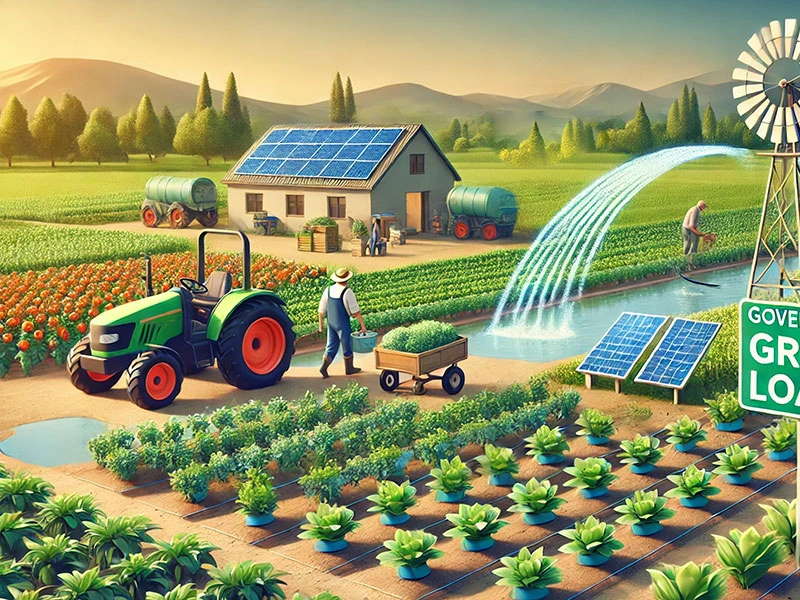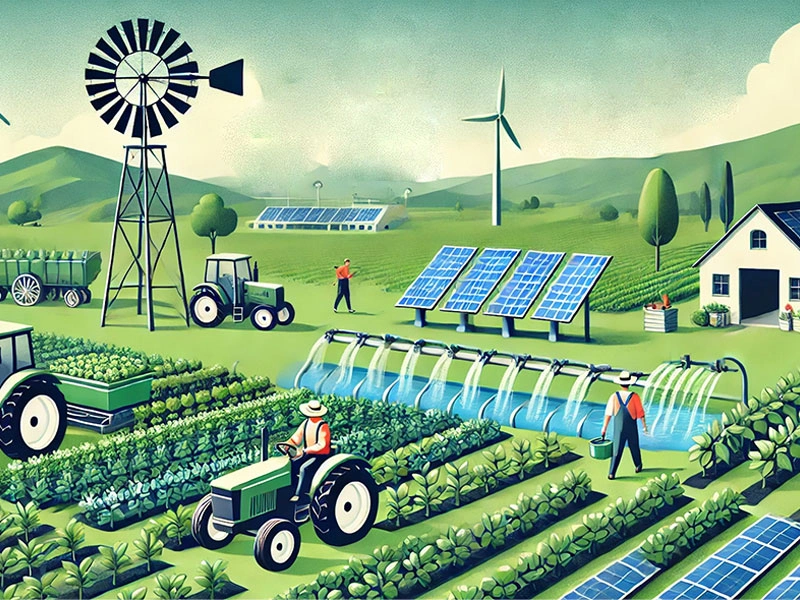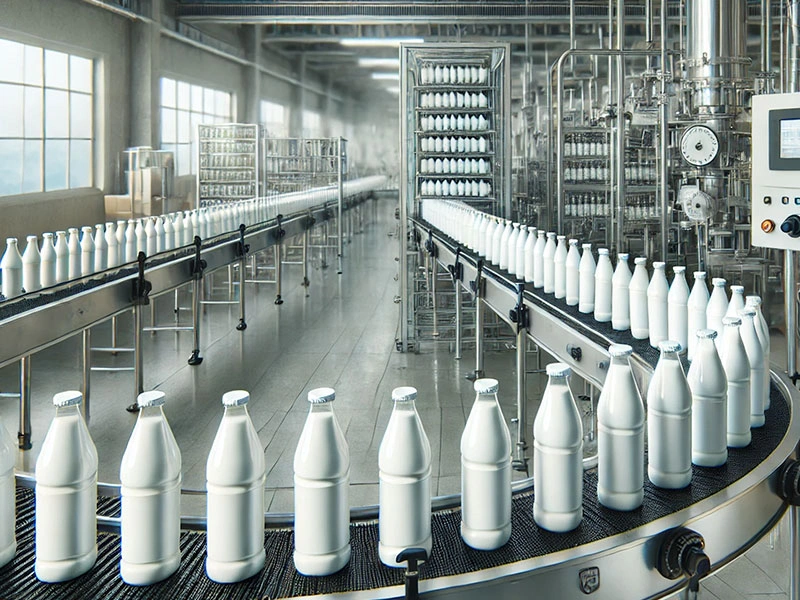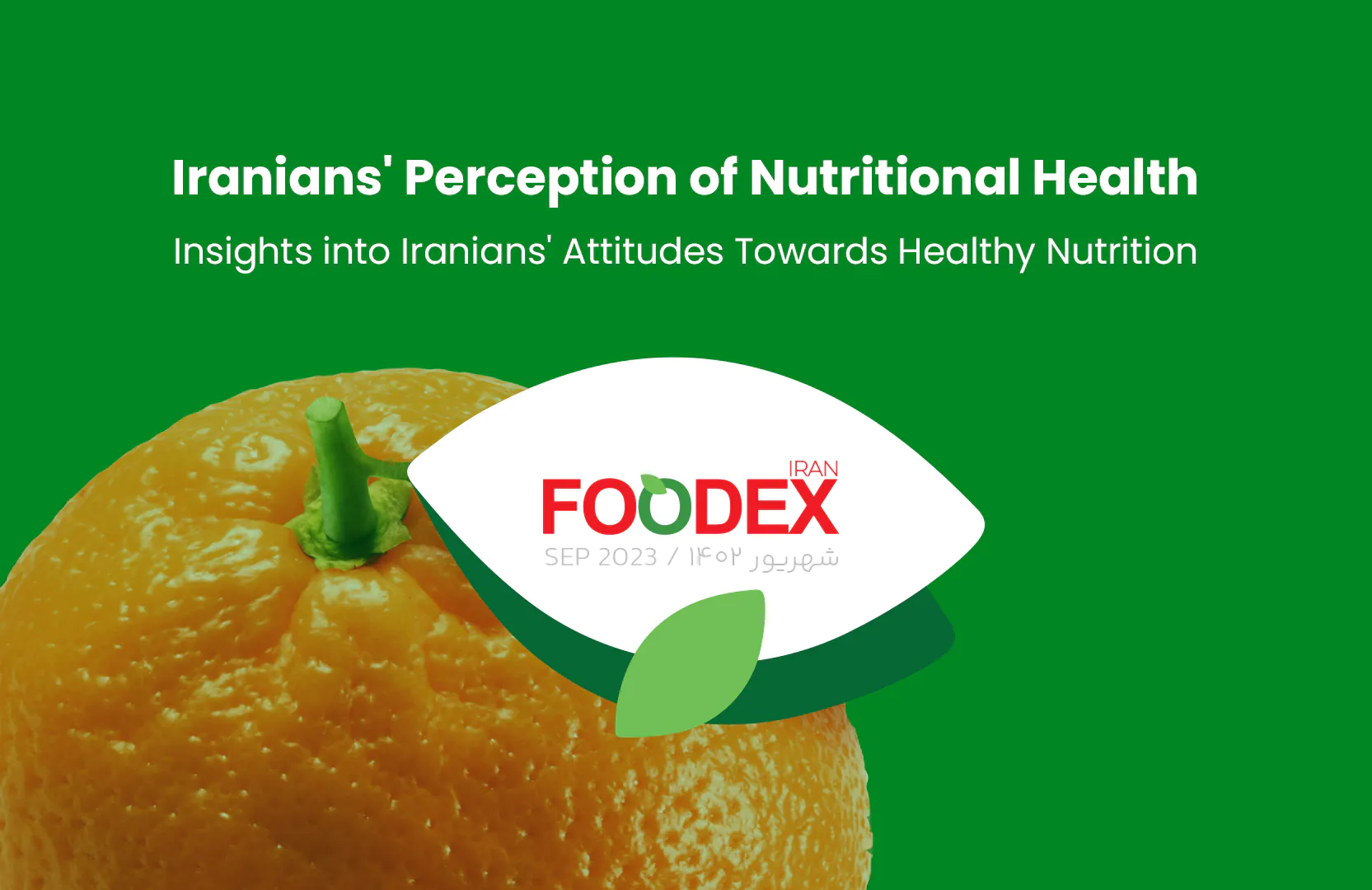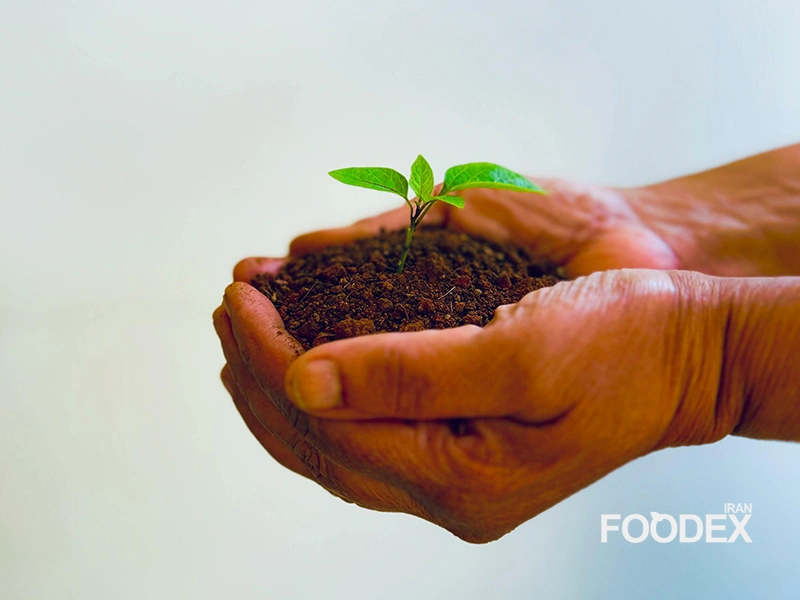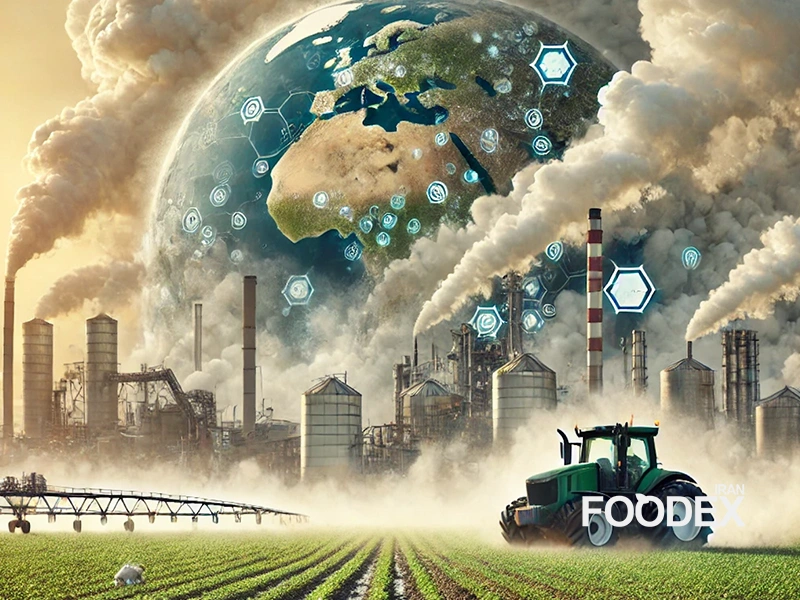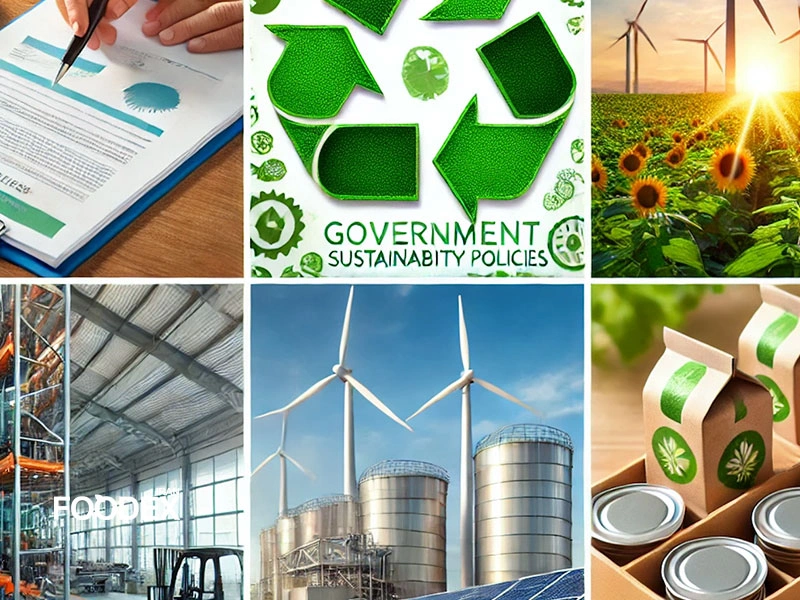In today’s world, with more changes in climate and environmental pressures becoming global threats for human, industries are under pressure to reduce their negative impact on the environment. Among these industries, the food industry as one of the largest consumers of natural resources, faces an urgent need to move toward sustainability. In recent years, governments and financial institutions have introduced green loans and financial incentives to encourage food companies to adopt renewable energy, reduce waste, and lower their overall environmental damage. But are these funds really making a difference in this regard? And how can these policies be shaped to motivate more businesses to take advantage of these resources? In this article, Foodex takes a critical and creative look at this topic.
Green Loans and Financial Support
Is It Really Enough?
Green loans and financial support are often mentioned as key tools for helping food businesses reach sustainability. These loans typically come with lower interest rates and more flexible repayment terms, aiming to incentivize investment in environmentally friendly projects.
Global Green Loans
Globally, development banks and financial institutions like the World Bank and the IMF provide billions of dollars annually in green loans to help sustainable technologies. For instance, in 2020, the World Bank allocated around $150 billion in green loans to food companies worldwide. But here, the real question is: Are these loans making an impact?
In a critical approach, many small and medium-sized enterprises (SMEs) in developing countries struggle to access these funds. But why? Because of complex banking systems and a lack of awareness about how to utilize green loans often leave smaller businesses out of the equation! As a result of this complexity, much of this funding ends up benefiting larger corporations.
The Case of Iran
In Iran, one of the biggest problems for food businesses is accessing these loans and financial resources. International sanctions and financial restrictions affect many Iranian companies and make them rely on domestic resources. The Iranian government has initiated green loan programs aimed at small and medium-sized enterprises (SMEs), particularly to reduce water and energy consumption. While these policies seem promising, are they actually accessible? Many entrepreneurs argue that bureaucratic red tape and insufficient information in this regard make it hard to take full advantage of these programs!
Economic Opportunities in Exchange for Sustainability
Reality or Illusion?
Governments and financial institutions constantly push food businesses toward renewable energy and waste reduction. They promise that adhering to environmental standards will not only cut energy and water costs but also globally boost brand reputation. But is this opportunity really available to all businesses?
Hidden Costs of Green Technologies
Many businesses are put off by the upfront costs of adopting green technologies such as solar energy, advanced irrigation systems, and waste reduction innovations. For say, in Iran, small businesses often can’t afford the initial investment required to install renewable energy systems. While the government promises financial subsidies and tax breaks, these motivations are often more attractive to larger enterprises, leaving smaller businesses on the sidelines.
Balancing Environmental and Economic Sustainability
One of the key challenges food businesses confront is how can they balance environmental sustainability with economic viability. Many companies, particularly in countries like Iran, fear that adhering to environmental regulations will drive up production costs. But are these concerns legitimate, or do they come from a lack of understanding about the long-term benefits of reaching sustainability? International data shows that companies that follow environmental standards not only save costs over time but also enjoy improved brand loyalty and customer satisfaction, ultimately leading them to dominate a larger market share.
Strategies for Food Businesses to Embrace Sustainability
Building Infrastructure for Green Loan Access
For food businesses, particularly SMEs, to benefit from green financial support, proper infrastructure needs to be done. One of the many solutions is to establish educational programs and practical workshops that guide business owners on how to access these funds and give them enough information about the process. Governments should simplify the loan application processes and create digital platforms to make it easier for businesses to apply without dealing with complex bureaucracy!
Embracing Affordable Green Technologies
Food businesses should look for affordable green technologies that don’t require huge investments. For say, simple and cost-effective drip irrigation systems can help reduce water consumption while improving productivity. Similarly, biodegradable packaging can reduce long-term costs associated with plastic waste management.
Expanding International Collaborations
Another critical strategy for food businesses is to amplify international collaborations with green companies and research institutions. These partnerships can facilitate knowledge-sharing and provide access to the latest and newest technologies. Countries like China and Germany, leaders in green technology, can be models and partners for businesses looking to adopt sustainable practices.
New Developments in the Food Industry
Read More
Conclusion
Green loans and financial incentives are two valuable tools for encouraging food businesses to embrace sustainability. However, for these resources to make an impact, the processes need to be simplified, awareness needs to be given, and better access needs to be provided for SMEs. By leveraging these opportunities and following smart strategies, food businesses can move toward sustainability and reap the long-term benefits of doing so. Sustainability isn’t just about protecting the environment it’s essential for the economic and social development of businesses in the long run.
Sources
World Bank – Green Loans Report 2020
International Monetary Fund (IMF) – Financial Support for Sustainable Projects
European Union Report – Reducing Food Waste and Using Renewable Energy
Iran’s Sixth Development Plan – Renewable Energy in the Food Industry
FAO (Food and Agriculture Organization) – Analysis of Water and Energy Use in the Food Industry
Ehsan Allahverdi
Executive Manager of Foodex Iran
Marketing Consultant for Leading Food & Beverage Brands
website | linkedin

